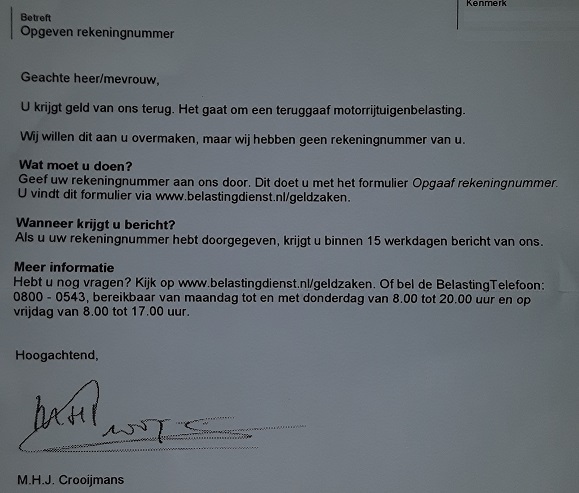On the Paul Harland Day last Saturday, one of the topics tackled in the panel was that of originality. Should a writer always strive to be original? Should the story always reinvent the genre it belongs to? Is a newly invented subgenre more valuable than the next Tolkien or Gibson imitation?
The answer was—and is: worry about a good story first, writers, and about reinventing anything much, much later. What matters is that the writer writes the story he/she believes in, cannot help but write. If that’s taken care of, originality becomes moot, because when the story is truly the writer’s own, it always offers something new. Even if that something new is hard to pinpoint.
Which brings me to today’s topic of discussion: Perpetuum Mobile by Robin Booiman. If originality were the Holy Grail of writing, one would simply write off this haunting tale with reference to the Spielberg masterpiece Duel. But that, in turn, was first a story by Richard Matheson. Tell me, where does the search for originality end?
So let’s first judge this story on its own merits, and notice that it’s fairly haunting, capitalizing nicely on our fear of darkness and loneliness. It rolls along with smooth prose, conveying a nightmarish sense of inescapable doom. Perhaps the ending could have be less neat, allowing for a grittier aftertaste in the reader’s mouth. But all in all, a well-told tale.
And I maintain that the story works because the writer didn’t worry about imitating Duel; he had this story to tell, so he told it, and told it well.
This is part 4 of of a five-part series on Paul Harland Prize 2012 stories that I especially enjoyed, in no particular order. All they have in common is that they went on to be finalists in the Paul Harland Prize 2012 (and as such judged by the final jurors), and that I liked them.
Please note that these remarks reflect only my private opinion. I am in wholehearted agreement with the final line-up, the selection of winners, and the ranking of the finalists as the jury determined it.
